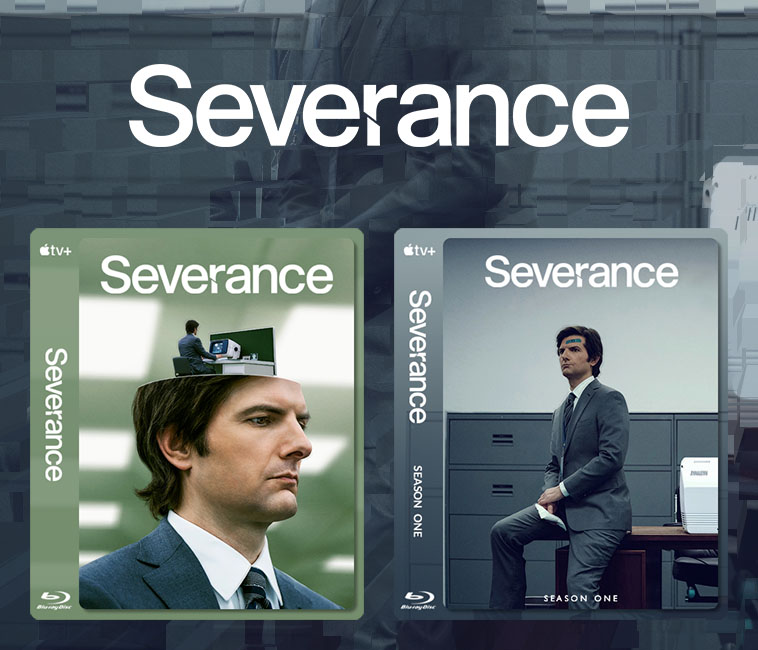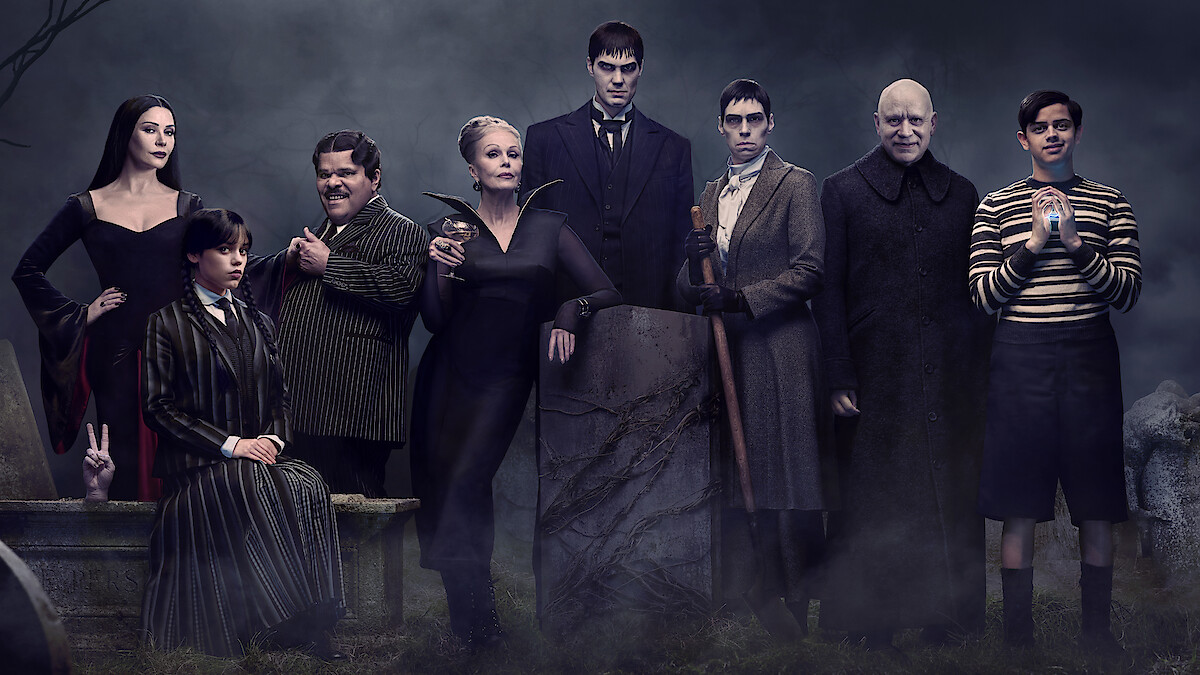True crime is a literary genre consisting of stories about crimes, usually violent in nature. Murders, cults, kidnappings and other horrific acts are broken down and examined by books, videos, podcasts and TV shows.
On iTunes alone, there are over 200 podcasts in the true crime genre. Across streaming platforms, there are hundreds of shows and movies dedicated to telling tales of violence and gore. Seventy percent of reviews for true crime books on Amazon are by women. What makes it so popular?
In general, people watch and listen to true crime because they’re fascinated by the macabre. They want to satisfy their morbid curiosity about the mind of a person who could do horrible things. People are obsessed with the taboo, and what’s more taboo than murder?
More specific motivations are revealed when the various demographics within the audience are considered. For example, a 2019 study by Kelli Boling and Kevin Hull claims that women make up 73% of true crime podcast consumers.
In particular, young women who live alone consume true crime content more than other groups. Watching, reading and listening to true crime is so popular with women because they might learn something from it. Being such a vulnerable population, it can be comforting to know what to do if they ever wound up in a similar situation, or how to avoid such a circumstance completely.
Dr. Howard Forman, a forensic psychiatrist at Montefiore Medical Center, says that true crime’s popularity among women may be due to empathy for the victims, who are usually female.
But why are women so often the victims in these stories when men are significantly more likely to be murdered? The reason goes back to the human fascination with the disturbing. When women are murdered, the method and motivation of the killer are much more violent and traumatic, and the gory qualities are often exaggerated for shock value.
There are plenty of valid reasons for being interested in true crime, but they don’t cancel out the fact that the dramatization of serious topics can be insensitive. The victims of these crimes suffered in their final moments, and when cases aren’t presented with care and respect, it is like making light of a terrible situation. There are many in the community who do a good job of respecting the victims and their families, but there are also many who do not.
Another issue with true crime is the glorification of the perpetrators. The mind of someone who would commit an act like murder is certainly an interesting subject, but making them the unofficial protagonist in a story is dangerous. Fifty eight percent of respondents to a survey by SuperSummary said that they actually found themselves rooting for the killer in a story at least once.
Ted Bundy, for example, is arguably the most romanticized serial killer of all time and has been since his trials in the 70’s. He has been the subject of around fifteen movies and TV shows, most recently Extremely Wicked, Shockingly Evil and Vile in which he was portrayed by Zac Efron.
Jeffrey Dahmer would probably be a close second. His crimes have been covered by roughly twenty movies and TV shows, and even two plays. This doesn’t even come close to the number of podcasts and YouTube videos about him. In 2017, he was played by Ross Lynch in the film My Friend Dahmer.
Having horrible people played by well-known and loved actors only serves to glamorize them more, regardless of the director’s intentions in creating the film or show. Most who make content like this have the mere intention of telling the story and nothing more, but when dealing with stories of real people in bad situations it is important to recognize the importance of being careful with how every aspect of the movie or show could be interpreted.
There’s also the problem of constant exposure to violence. If one is not careful, they could easily be desensitized. Crimes can be stripped of their severity through repetition, leaving the audience unfazed by violence and unknowing of the effects the crimes had on the victims and their families.
It is possible to do true crime well, though, and as long as one is mindful of their tone and words, there is no harm in telling stories that are informational and interesting.


























